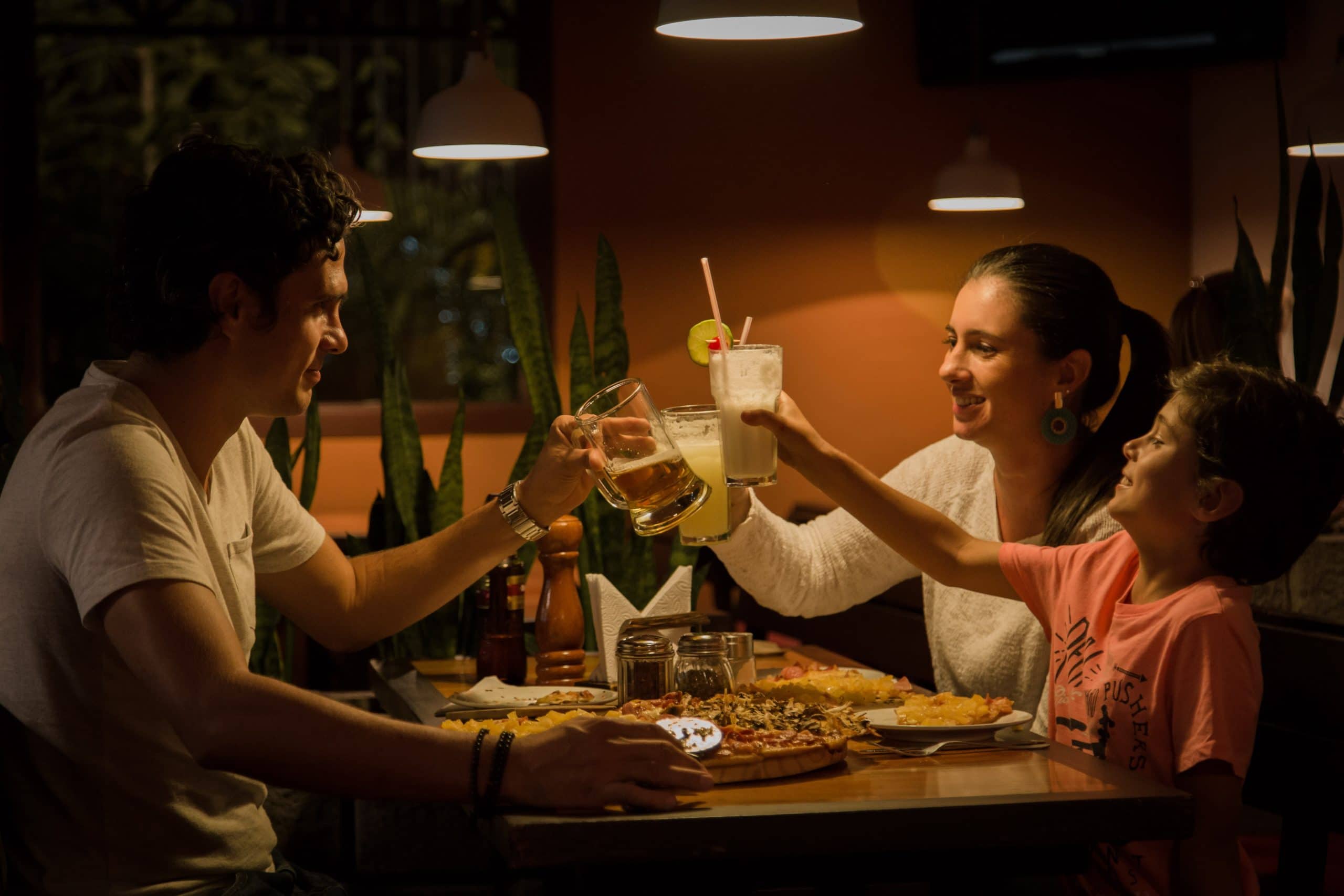A revolutionary adoption matching site is taking a page from online dating. Family-Match, a Florida service for matching foster children with adoptive parents, utilizes algorithms similar to online dating services to effectively address a slow and complicated process.
From their website:
“Family-Match makes it easier for loving families to adopt or foster kids. Our data allows us to discover and match compatible families and kids, which increases placement stability and achieves better outcomes for everyone.
For families, we explore characteristics such as personalities, marital adjustment, expectations, and more. For kids, we consider previous foster experience, behaviors, and resiliency factors, among others. The data we gather from both the family and the child informs a family match, and helps the greatest number of families provide stability and permanency for children.”
Research has shown that if the 800-900 children eligible for adoption in Florida’s foster care system age out, they face many obstacles, such as a high risk of experiencing homelessness. According to the Orlando Sentinel, stakeholders have come together to facilitate successful adoptions in Florida.
Thea Ramirez, a social worker in Virginia and founder of Adoption-Share, has seen the negative outcomes of aging out. “I realize that we have people waiting and waiting and waiting to adopt, and we have children waiting and waiting and waiting to be adopted, and no good way of connecting the two. The entire model is based on waiting.” Gian Gonzaga, the former chief data scientist at eHarmony, was contracted by Ramirez to analyze research on factors that create successful adoptions and develop compatibility markers. Then, he created questions that would point towards a successful match.
Similar to a dating site, the site asks persons who have been approved for adoption to answer questions about demographic and psychographic data. Unlike dating sites, Family-Match asks questions tailored to adoption, while foster kids awaiting adoption are assisted by caseworkers in filling out similar forms from their perspective. These are children from ages 4 to 17, not infants or toddlers. The more data the program collects, and the more time that passes in which to evaluate the quality of the matches, the better the site becomes at matching foster children with persons approved for adoption.
Family-Match was launched in February of 2018. The nonprofit Selfless Love Foundation (founded by Ashley Brown, an adoptee, and her husband Ed Brown, CEO of Patrón Spirits) and founder of Patrón Spirits, John Paul DeJoria, have provided funding and collaborated with online adoption network Adoption-Share to run the pilot. The pilot will run for two years and then seek buy-in from the privatized child welfare agencies throughout the state. If the program is successful, it will enable the child welfare system to help provide a basic human right to children available for adoption in foster care: a loving and safe home.
Reality Changing Observations:
1. What questions do you think potential adoptees should ask of prospective adoptive families?
2. What questions do you think potential adoptive families should ask of foster children eligible for adoption?
3. Have you ever considered being a foster or adoptive parent?





